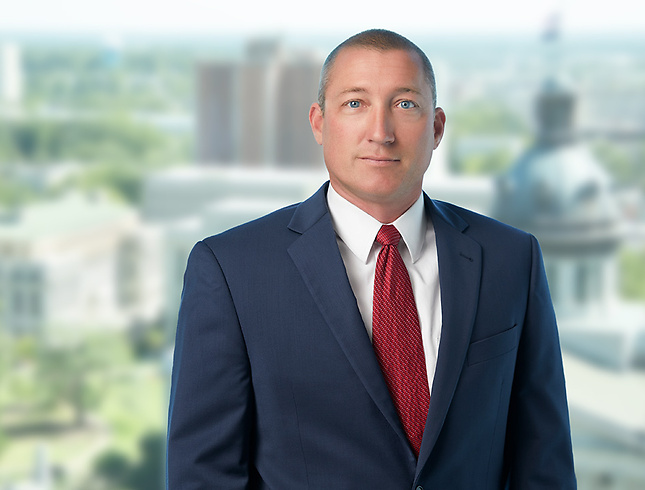In an important decision, the South Carolina Administrative Law Court (ALC) recently ruled that a bartending service was not liable for sales tax on separately-stated service charges. See A Southern Bartender v. South Carolina Department of Revenue, Docket No. 17-ALJ-17-0002-CC (April 26, 2018). The business provided several bartending service packages. Customers could choose to pay a flat price for both alcohol and bartending services together, but could also select to pay for the alcohol and bartending services separately and where the alcohol and bartending services were each separately-stated on the invoice to the customer.
South Carolina imposes a sales tax on the retail sale of tangible personal property to customers. The business in Southern Bartending argued it was not subject to the sales tax at all because it was providing a service, not selling tangible personal property. The Department of Revenue (DOR or SCDOR) argued, however, that all charges were subject to sales tax, both alcohol and the separately-stated charges for bartending services, and regardless of whether the charges were separated on invoices to the customers.
The ALC applied the "true object test" and found the objective of a customer was to purchase catered beverages (tangible personal property) when a customer purchased a fixed price package that included both alcohol and bartending services. In these instances, the entire fixed price package was subject to sales tax. However, where the business sold alcohol to the customer, and then separately stated its bartending charges on its invoice(s), the ALC ruled that, while the alcohol was taxable, the bartending service charges were not. The ALC remanded the case back to the SCDOR to recalculate the business' sales tax liability excluding charges for separately-invoiced bartending services.
The facts in Southern Bartender are similar to those in a prior 2010 ALC case involving a food catering business. See Tronco's Catering, Inc. v. South Carolina Department of Revenue, Docket No. 09-ALJ-17-0089-CC (April 12, 2010). In the Tronco case, a catering business argued it was not subject to sales tax on separately-stated charges for catering service/labor. The ALC applied the "true object test" and, under the facts in Tronco, found a customer's basic purpose in hiring the catering business was to buy food (tangible personal property). The ALC ruled all charges were subject to sales tax, including separately-stated catering labor and service charges.
The ALC decisions in Southern Bartender and Tronco appear to be at odds with each other. Each case was decided by a different ALC judge. The ALC in Southern Bartender considered the prior ALC decision in Tronco, but did not follow Tronco. It is expected that DOR will appeal the adverse decision now in Southern Bartender to the South Carolina Court of Appeals.
Businesses that make retail sales in South Carolina, and which also provide services to their customers, must now make a decision - And this includes all such businesses in the state and not just bartending businesses. Based on Southern Bartender, all businesses that make retail sales and which also provide services should consider separately-stating service charges on invoices to their customers and not collecting sales taxes on these service charges. The decision of a business to do so, however, should consider a number of factors, including what is being sold, the services that are being provided, and the "true object" of the goods and services being purchased by customers.
Also, and importantly, businesses in South Carolina that have paid sales taxes on their retail sales and service charges in the past should consider filing a refund claim for these back sales taxes with SCDOR. South Carolina generally allows a business to file a refund claim for sales taxes going back as far as 36 months. The sales tax is a monthly tax, and for each month beyond 36 months South Carolina bars recovery. In the likely event that SCDOR appeals its loss in Southern Bartender, SCDOR will also and likely not grant refund claims, at least presently based on the Southern Bartender decision, and businesses should therefore consider filing refund claims on a "protective" basis pending the decision on appeal.
With the Southern Bartender decision now, South Carolina businesses that provide services to their customers have an opportunity to potentially reduce their sales taxes; however, businesses should consult with tax counsel to make sure they qualify and how best to then tax advantage of this opportunity going forward and in filing protective refund claims.
- Partner
Jeff focuses his practice on helping clients utilize tax exemptions and tax incentives. A substantial portion of Jeff's practice relates to tax-exempt bonds, including issues related to governmental bonds, private activity ...

